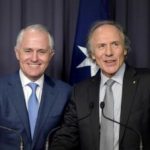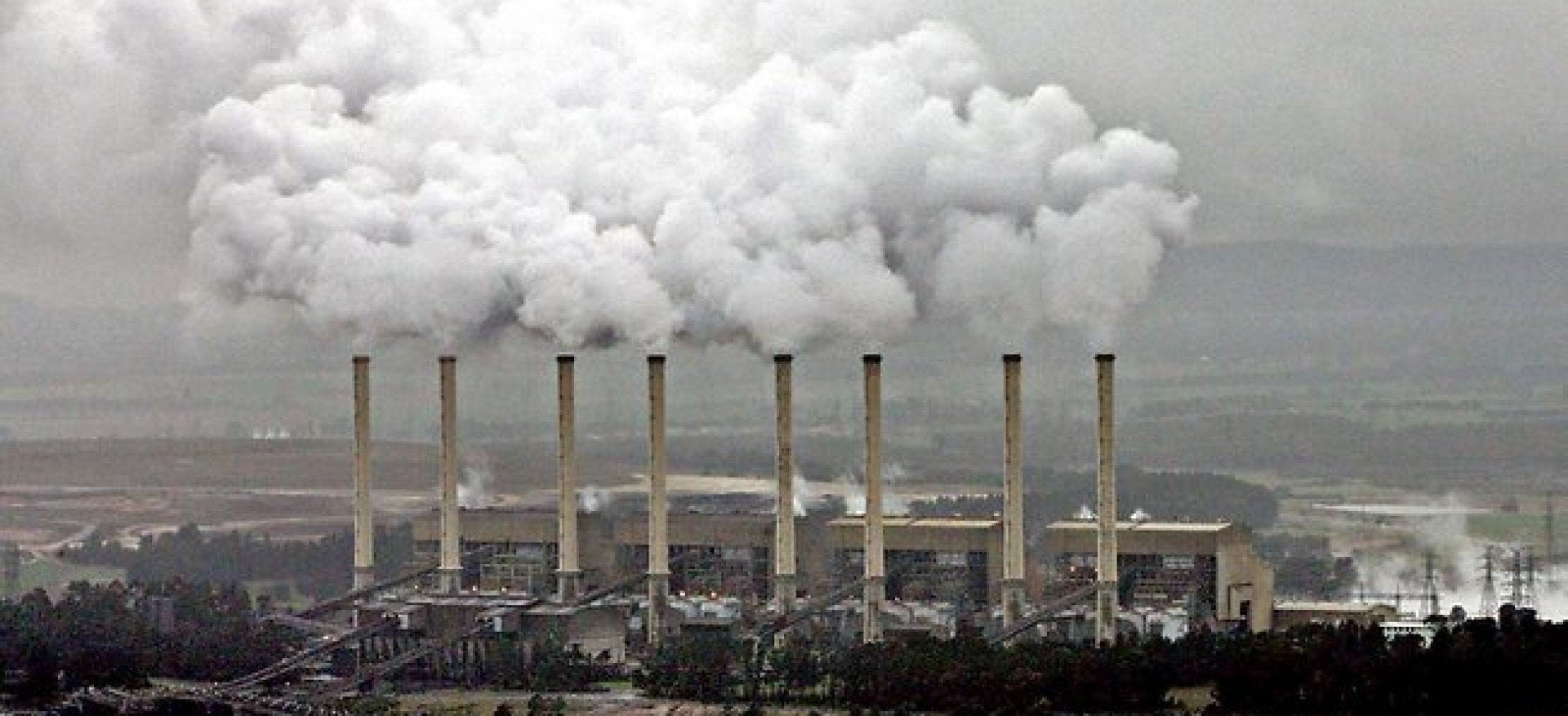Coal is back on the agenda after the Prime Minister announced that the Federal Government was prepared to finance the construction of new power plants. The Finkel recommendation for a Clean Energy Target (CET) is the only one out of 50 proposals that the Government has not adopted, but Energy Minister Josh Frydenberg insisted that it was still on the agenda and a work in progress.
Prime Minister Malcolm Turnbull said that the decision to back ‘clean coal’ plants was part of a fresh charge against skyrocketing energy prices which includes confirmation of export restrictions on gas to ensure domestic supply.
In other good news for the end-user, the government will abolish limited merits reviews, an appeals process used by power production companies to charge high prices. The government said had the mechanism added $6.5 billion to power bills over recent years.
CET the only Finkel recommendation not yet adopted

The news came after a coalition party meeting during which 49 of the 50 recommendations by Chief Scientist Alan Finkel were adopted. Unsurprisingly, the Clean Energy Target proposed by Dr Finkel was not adopted, but Energy Minister Josh Frydenberg said that the scheme was still under consideration and would be developed in consultation with the states and other stakeholders.
The Australian Energy Council welcomed the government’s commitment to resolve the crisis but emphasised that only a long-term, politically durable solution, like the CET, would provide the investor certainty needed to fix it.
Chief executive Matthew Warren said the most important role for government was to implement a credible national energy policy that would enable the investment required.
“When governments directly intervene in markets they risk crowding out businesses and chilling investment,” Mr Warren said.
Affordable and reliable power is prime concern – PM

Mr Turnbull said that affordable and reliable power outweighed concerns about sovereign risk or increased government intervention. Mr Turnbull endorsed in principle a mechanism in which reverse auctions would be held to replace dispatchable baseload power capacity that is lost as old coal-fired generators close.
The successful bidder would be constrained by an emissions baseline of 0.75 tonnes of carbon produced per megawatt-hour of energy generated. The Minerals Council of Australia proposed that the combined 3600-megawatt generating capacity of the recently closed Hazelwood power station and the Liddell power station, due to be closed in 2022, be put up for reverse auction.
Coal power could be financed by government
This would enable wind, solar, hydroelectric, gas and ‘clean coal’ to compete. Because the power would have to be able to be dispatched when needed, the renewable bidders would either have to have back-up battery storage or a co-generation agreement with a fossil-fuel power station to provide back-up when there was no wind or sun. Mr Turnbull said the process would be run by the Australian Energy Market Operator. The government would be prepared to step in as a financier, be it of hydro, gas or high-efficiency low emissions (HELE) coal-fired power.
AEMO Chief welcomes strategic reserve of power
“Our view is that you can’t just sit back, cross your fingers and hope that everything will turn out OK,” Mr Turnbull said.
“We believe that in this market, there needs to be stronger involvement from government, stronger leadership. Asked if this extended to clean coal, Mr Turnbull said: “Well, we’d certainly consider that”. AEMO chief executive Audrey Zibelman welcomed Mr Turnbull’s embrace of the strategic reserve recommendation, saying energy security should remain the top priority in the Turnbull government’s deliberations.
Gas export regulations to be enforced from July
Gas export regulations will be in place from July 1 and will begin on January 1, but Mr Turnbull said it may or may not have a short-term impact on power prices, which are being driven sky-high by gas prices.

“The foreshadowing of the regulation has already resulted in wholesale [falling] prices and of course, how they translate into retail prices or prices for industrial users is another thing,” he said. The decision to abolish the limited merits review went further than Dr Finkel recommended and rankled with the Queensland Labor government, which still owns its electricity assets.
Queensland Energy Minister Mark Bailey said Queensland was less affected by the limited merits review because the state government had already directed its state-owned energy companies to not challenge determinations from regulators to ensure higher costs were not passed on to consumers.
“We have already directed Ergon and Energex not to legal up and to cop it sweet and pass it on to consumers. That’s why prices have been stabilising in Queensland and a lot lower than other states,” he said. Mr Bailey said Mr Turnbull and Mr Frydenberg were running away from a CET only two weeks after it was recommended by the Finkel Review. “They have got a fig leaf to cover up their divided and dysfunctional energy policy. The rest of the world has been getting on with this for the past 10 years –- it’s time Australia did too,” he said.
About Leading Edge
Leading Edge Energy is an energy cost reduction consultancy. We assist our clients by applying a holistic lens to your energy costs whereby we guide you through the complete energy cost reduction cycle from rates minimization to energy efficiency, solar generation and battery storage.
Our initial review and assessment process is a complimentary service and you are not obliged to accept any offer that we recommend to you.
Call us today on 1300 852 770 or visit our website to get a quote












